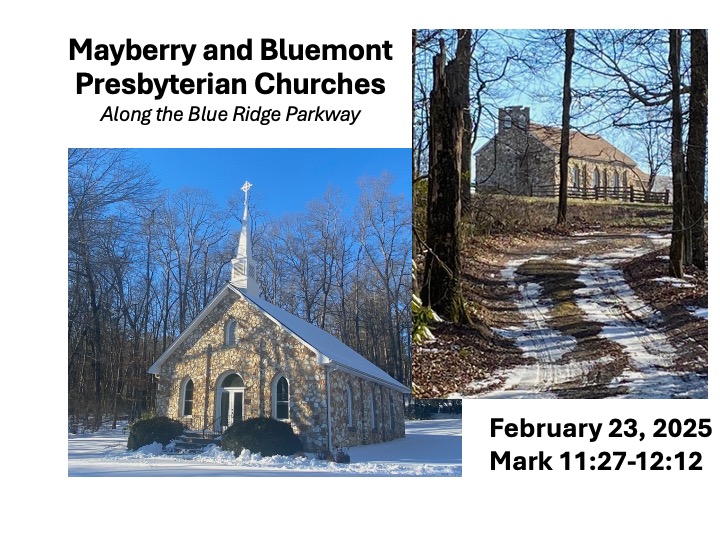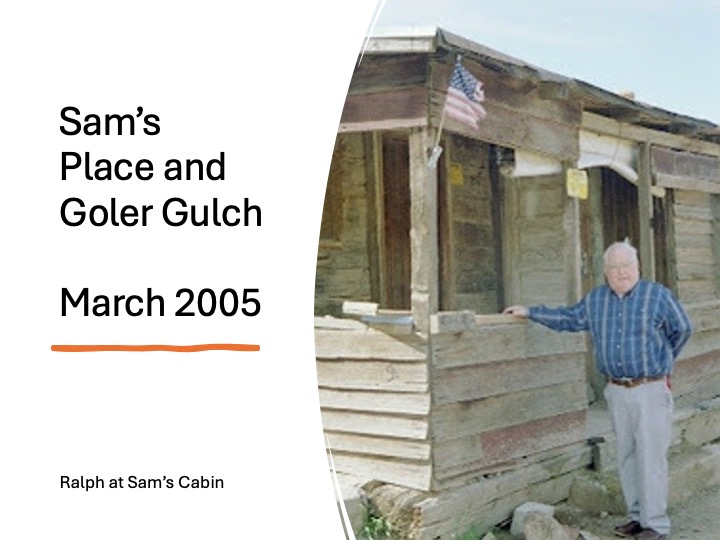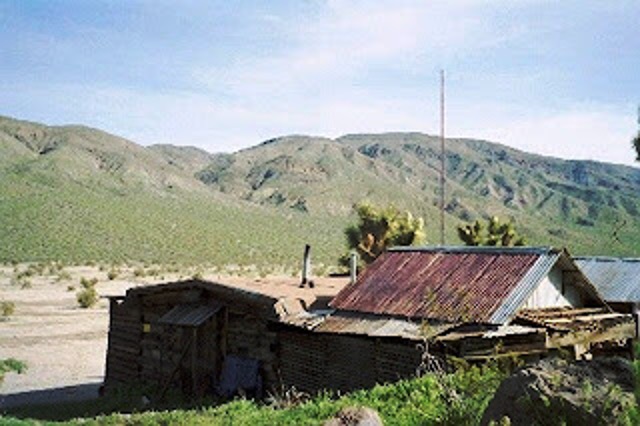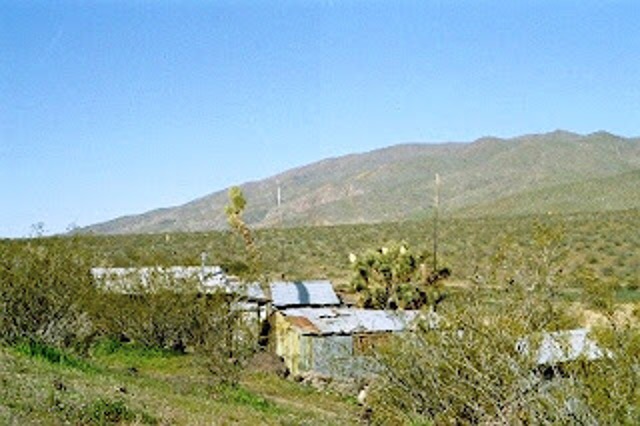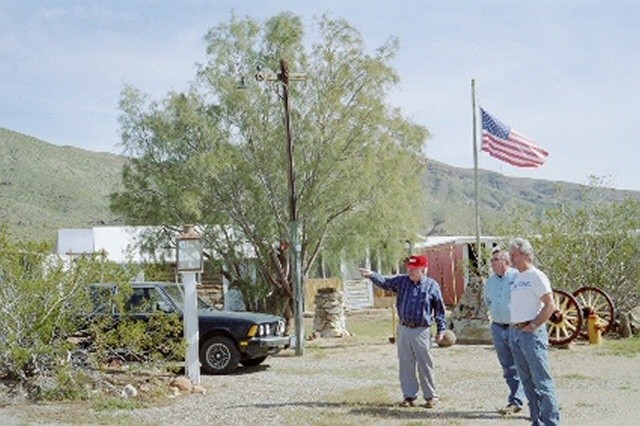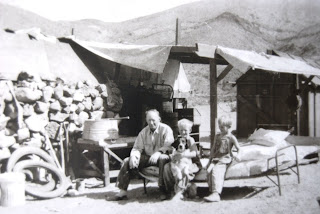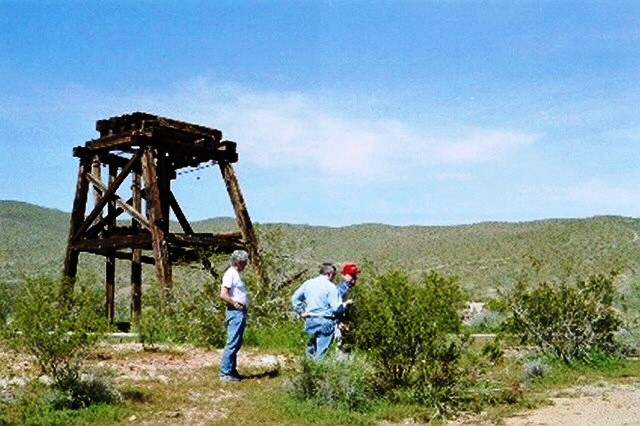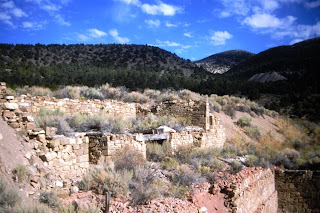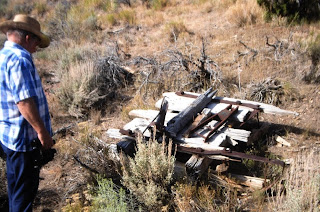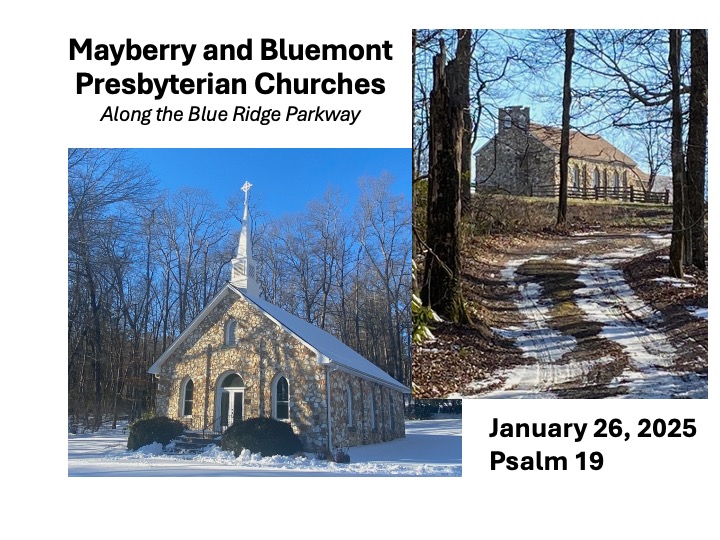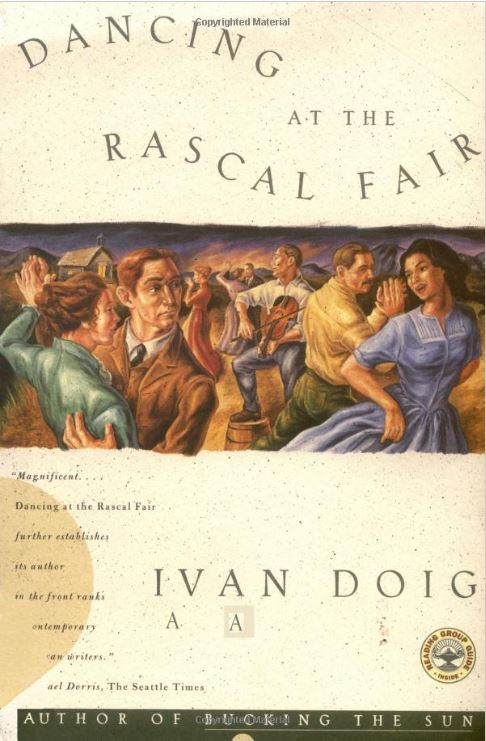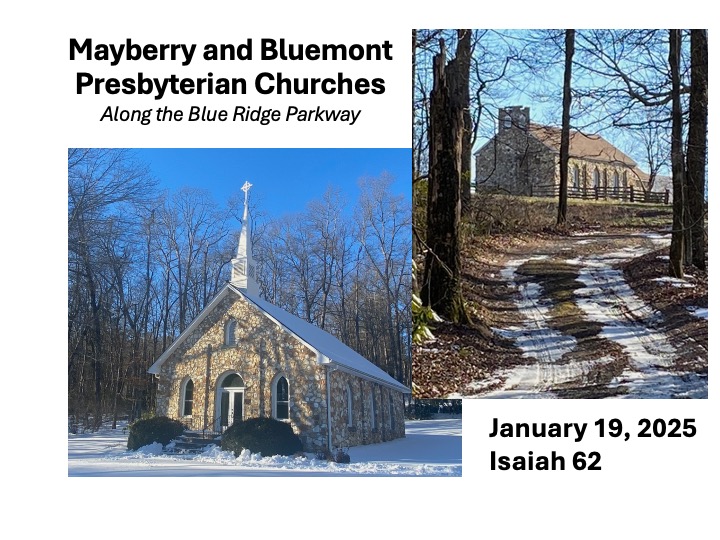Jeff Garrison
Bluemont and Mayberry Churches
Mark 11:27-12:12
February 23, 2025
At the beginning of worship:
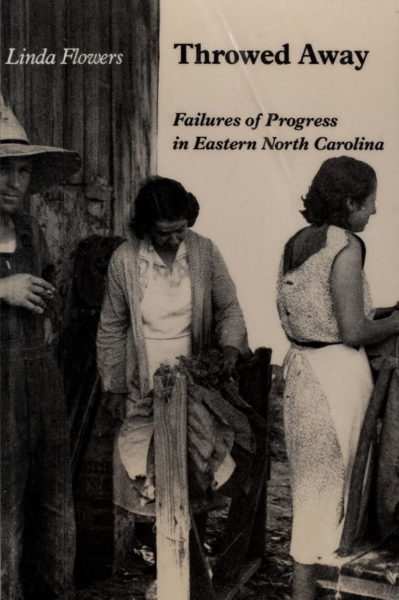
“’Throwed away’ is an expression peculiar to eastern North Carolina. If a piece of land or a person or a stretch along a highway looks ‘throwed away,’ it can be in no worse shape,” writes Linda Flowers in the preface to her book titled, Throwed Away.“Fields left unattended and overcome with cockleburs are ‘throwed away.’ Ramshackly houses with boarded-up windows and rotten porches, or country stores that have bitten the dust are ‘throwed away.’
Flowers grew up in Faison, North Carolina toward the end of the share-cropping era. Her family share cropped. In 1968, she left the state for graduate school in Ohio and later New York. When she returned in 1980, the change startled her.
The end of tenant farming is generally thought to have occurred in the mid to late 1960s, as machinery reduced the number of hands needed on farms. Of course, some continued afterwards, but the economy of sharecropping was on its way out. A few sharecroppers gained enough cash to buy their own land, but most moved into factories and other forms of labor.
Flowers, in her book, set out to recapture the world of her youth which she describes in this manner. “At its best, tenantry was exploitative; at its worst, it was a kind of slavery.”[1] Such farming practices weren’t new. As we’ll see today, they existed in Jesus’ day.
Before reading the Scripture:
We’re back in Mark’s gospel, picking up where I left off in November. If you remember, during Advent I jumped ahead and we looked at the 13th Chapter of Mark, which pertains to Jesus’ 2nd Coming. That’s an Advent topic. Today, our text begins with Mark 11:27. From here through the end of the12th chapter of Mark, we see the conflict around Jesus’ ministry intensify. Various groups try to trick him or cause him to incriminate himself. But Jesus proves to be up for the challenge.
The economic world of Palestine in the first century was one of poor tenant farmers who slaved to raise crops and then had to give a significant portion of their income to the absentee owners.[2] This was a system like what went on after Civil War in the South, where those without land struggled and worked the lands of those owned by former plantation owners who had depended on slaves.
In a way, a tenant farmer was just a step or two above a slave. He could leave, but where could he go? We know Jesus often takes the plight of the downtrodden. In both first century Palestine and in the South from the 1860s until the 1960s, tenant farmers were mostly downtrodden. But in the parable Jesus tells, he flips the story. Here, the owner of the land is generous. The tenants are evil.
Our passage begins with Jesus’ third visit to Jerusalem after his arrival on the day we refer to as Palm Sunday. This would be Tuesday of Holy Week. It appears Jesus left the city each night and stayed in Bethany, where perhaps the lodging was cheaper. The next morning, he came back to the city and headed for the temple.
Read Mark 11:27-12:12
Early in Mark’s gospel, we have the story of Jesus in the synagogue in Capernaum, which became the center of his Galilean ministry. There, Jesus impressed the people with his authority. His speech was beyond anything they’d heard from the scribes.
He followed this up with his authority over evil spirits.[3] In that early encounter, the question was raised as to where Jesus obtained his authority.
Now that we’re into Jesus’ last week of his earthly ministry, we learn the question over Jesus’ authority continues to linger. Early in Mark’s gospel, the freshness of his teachings caused his popularity to rise. He comes to Jerusalem as a popular man. Those who held the authority at the temple fear him.
This is the third day in a row that Jesus enters Jerusalem. But it’s not the city itself which interests him, it’s the temple. He immediately heads for the temple which stands high over the city, as he has done of the previous two days.[4]
We can imagine Jesus and the some of the disciples walking along the massive courtyards and porticos around the temple. A group of religious leaders approach him: chief priests, scribes, and elders. These three groups made up the Sanhedrin, leaders of the faith who also handled the precarious relationship with Rome.[5]
It was probably just a representative group of the Sanhedrin who approached Jesus as the entire body consisted of seventy-one members.[6] They know Jesus has been making a stir around Jerusalem from his entry parade[7] to his overturning tables and chasing out livestock the day before.[8] So, they ask Jesus by what authority does he do such things.
Jesus doesn’t give a direct answer. If he said, “my Father in heaven,” not only would they probably not accepted it, but they may also have used it as a reason to charge Jesus with blasphemy. Instead, Jesus asks a question. Questioning back and forth was a standard tactic in debates of the day.[9]
Jesus’ question as to the authority of John the Baptist, places the Sanhedrin in a bind. If they say John’s authority came from heaven, Jesus could pin them down as to why they didn’t believe John. And if they say his authority was human, the people who see John as a prophet might revolt. So, the leaders’ refusal to answer Jesus’ question allows him not to answer theirs.
I should point out that Mark understands Jesus’ fate is tied to John’s fate.[10] Both will give their lives to stand up for their principles.
This sets the stage for Jesus to tell the last major parable of his ministry recorded by Mark, the Parable of the Wicked Tenants.[11]Jesus’ familiarity with the Prophet Isaiah can be seen in this parable which parallels the prophet’s “Song of the Unfruitful Vineyard.”[12] In both cases, the owner plants a vineyard, encloses it, builds a tower and winepress.
In Isaiah, the story hinges around the vineyard yielding only sour wine. Think vinegar. The owner decides to do away with the vineyard, which the prophet links to God punishing Israel for its lack of faith.
Jesus’ parable starts the same way with a man planting a vineyard, putting a fence around it and building a tower and winepress. I’m sure the Jewish authorities who heard the beginning of Jesus’ story immediately recalled Isaiah’s song. They knew where Jesus was going, that he was addressing them.
But then Jesus’ story takes a dramatic shift from Isaiah. In both cases, the owner of the vineyard represents God. But in Jesus’ story, instead of the vineyard producing a bad crop, the owner of the vineyard relocates to a foreign land. Think heaven. He hands his farm over to tenant farmers.
At the time of the crop, the owner sends back a slave to collect the owner’s share of the crop. But instead of paying up, the tenants beat up the slave and send him back to the owner limping and bruised. He sends others, but the same thing happens. The representatives of the owner are beaten or killed.
Finally, the man sends his son, thinking they will honor him. That, of course, doesn’t happen. The owner provides the tenants multiple opportunities to keep up their end of the bargain. Seeing the son who is the heir to the property, they decide to kill him. Perhaps they think the owner has died and, with the son out of the way, they can claim the property for themselves. Not only do they murder the son, but they also disrespect the body by throwing it out to decay. Of course, the owner isn’t dead and will come and destroy those tenants.
Jesus concludes with a verse from the 118th Psalm, of the rejected stone becoming the cornerstone.[13]
Mark tells us the religious leaders realize the parable’s intention. They desire to do away with Jesus but are afraid of the crowd. However, not only is this parable about them, who have ignored the prophets call, it’s also about Jesus. He’s the son who represents the father. He’s the son, the rejected one, who will become the cornerstone in the new covenant God establishes with his people.
As I pointed out before reading the passage, Jesus turns this story its head. Instead of siding with the tenants, he portrays them with wicked hearts. Sin doesn’t reside in just one class of people. Rich and poor are equally guilty.
I’m sure the religious leaders didn’t want to see themselves as tenants. They think of themselves as leaders. Yet, they’re still responsible to God. In fact, we’re all tenants on God’s good earth. A steward is another way of describing our position. God gives us talents and the good earth. We only have possession of it for a short period of time. Sooner or later, we must give it back. Do we make good use of God’s gift?
As the Psalmist proclaims so elegantly, “The earth is the Lord’s and all that is in it, the world, and those who live in it.”[14] We must always remember who is in charge; our allegiance belongs to God. As tenants, we’re to be doing the work of the owner.
Another thing Mark confirms about Jesus is that the Savior discouraged any radical attempt to forcefully bring about the kingdom. Jesus discourages taking up arms against Rome.[15] In the parable, Jesus points out that the rulers (the wicked tenants) are out for their own well-being, not representing God.[16]
Mark paints a darkening picture of forces gathering around Jesus. In two days, the “Son” will be arrested in the garden. The following day he will be killed outside the city walls. The peaceful man who devoted his ministry to doing good and teaching kindness is about to live into the parable he told. Mark leaves it to his readers to decide which side we’ll be on. Amen.
[1] Linda Flowers, Throwed Away: Failures of Progress in Eastern North Carolina (Knoxville: University of Tennessee Press, 1990), 64.
[2] James R. Edwards, The Gospel According to Mark (Grand Rapids: Eerdmans, 2002), 354-356; Morna D. Hooker, The Gospel According to Saint Mark (1991, Hendrickson Publishers, 1997), 274; and William L. Lane, The New International Commentary on the New Testament: The Gospel of Mark (Grand Rapids, MI: Eerdmans, 1974), 416.
[3] Mark 1:21-28. See https://fromarockyhillside.com/2024/01/21/jesus-in-the-synagogue/
[4] Mark 11:11 and 15.
[5] Edwards, 350.
[6] Edwards, 350.
[7] Mark 11:1-11, https://fromarockyhillside.com/2024/11/17/7549/
[8] Mark 11:15-19, https://fromarockyhillside.com/2024/11/24/what-does-jesus-have-against-fig-trees/
[9] Hooker, 271, Edwards, 351.
[10] Hooker, 272.
[11] Edwards, 354.
[12] Isaiah 5:1ff.
[13] Psalm 118:22-23. This Psalm was also used two days earlier as Jesus’ entered Jerusalem. See Mark 11:9-10.
[14] Psalm 24:1
[15] This will be made even more clear a few chapters later at his arrest. See Mark 14:47.
[16] Brian K. Blount, Go Preach! Mark’s Kingdom Message and the Black Church Today (Maryknoll, NY: Orbis Books, 1998), 82-83.
Pastoral Prayer for today
20250223 Pastoral Prayer
We gather after another cold week, giving thanks for a warm building and warming weather. We gather with concerns in minds and hearts. Will we have enough to get by in retirement? Will we still have medical care? Will we endure another pandemic, bird flu or something else. We gather, unsure about the future, but your Son and our Lord and Savior, tells us not to worry. We’re to trust you, for whatever happens, we’re in your hands. So, we come became you, gathered as your people, turning our burdens to you while we give you thanks for your faithfulness in the past. And we trust that as you’ve proven your faithfulness in the past, you will continue to be faithful today, and in the days to come. Regardless as to what happens, remind us of your presence and help us to seek what is right in your eyes.
Almighty God, we confess we have made a mess of your good earth. There are not only rumors of wars, but there are wars. We are shocked to learn of 70 Christians beheaded in the Democratic Republic of Congo, yet we feel safe because that’s so far away. We are sad to hear of the civilians suffering in Ukraine, those in Gaza whose lives have been destroyed, and the Israelis who have died, but again that all seems so far away. And we’re heartbroken when we hear about violence on the streets or in our homes. You have created us all in your image. Help us to work toward breaking the chain of violence, to seek reconciliation, and to do the hard work of loving one another.
Be with those who are poor, those who suffer from bondage to sin and addictions, as well as to those who are in prison. Show us how to make a difference in our world, even if it is in just one life. Give comfort to those in grief over the death of loved ones. Be with the sick…

